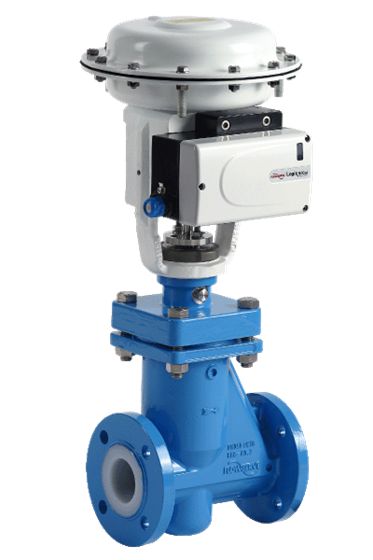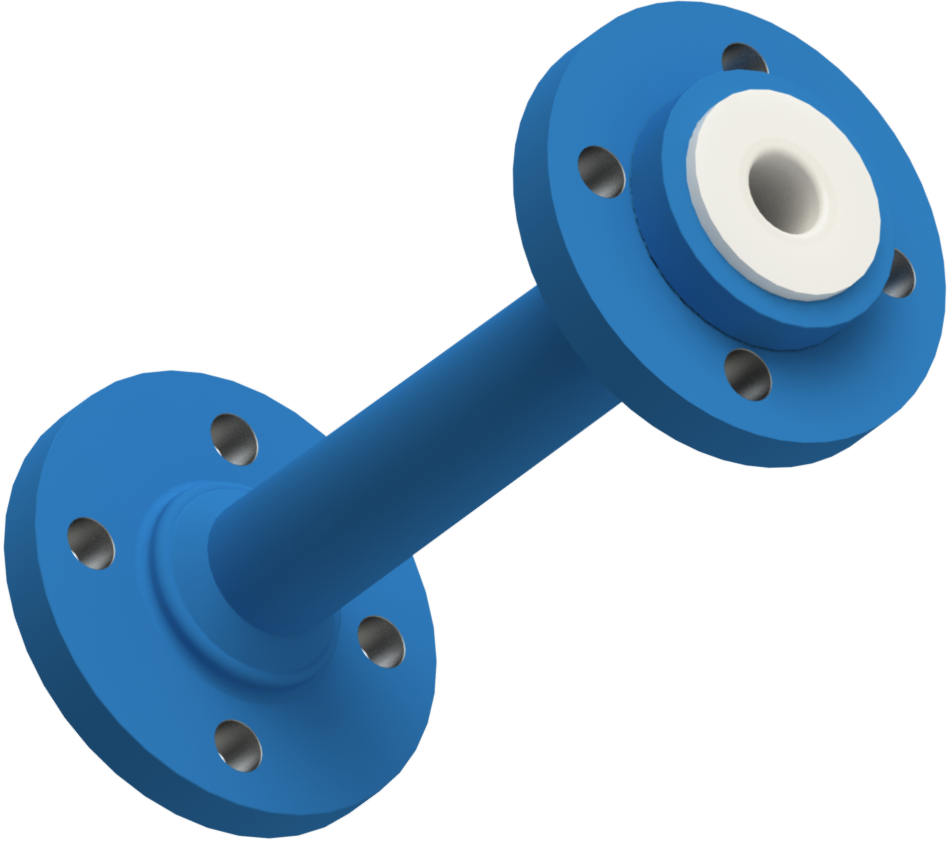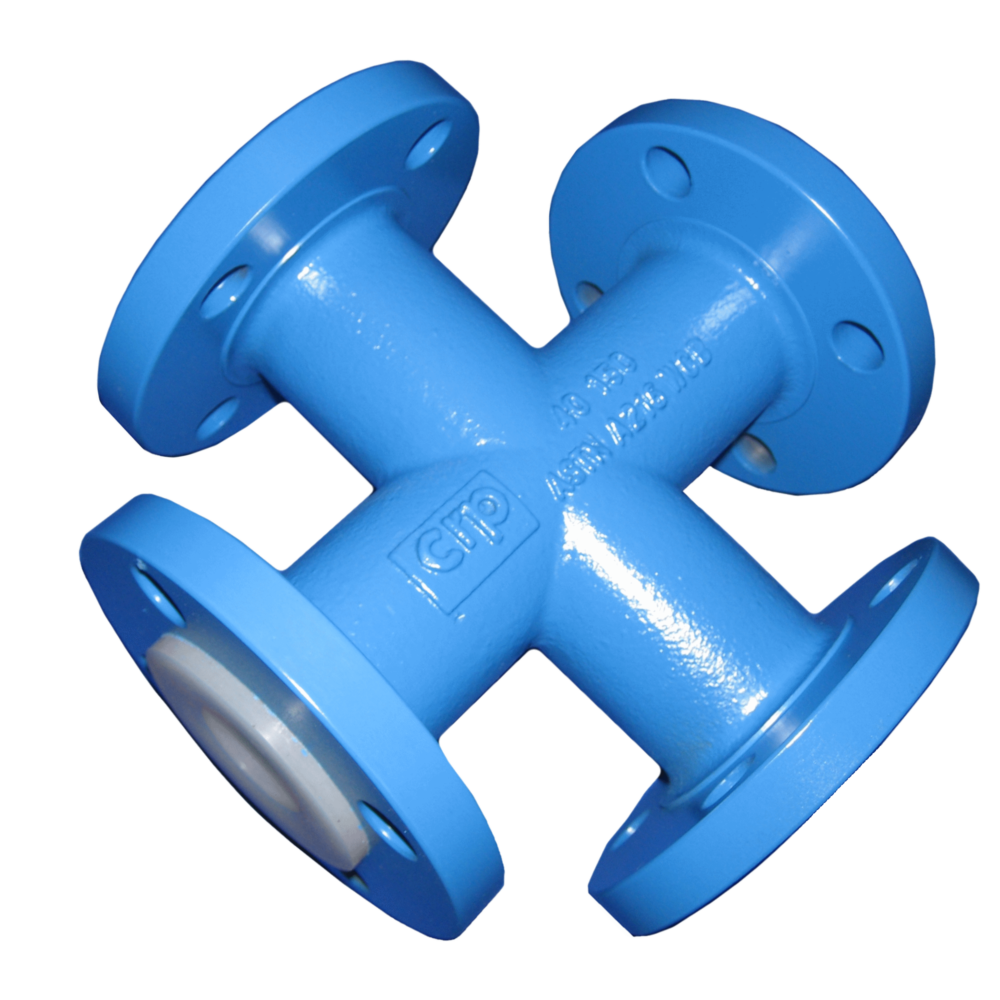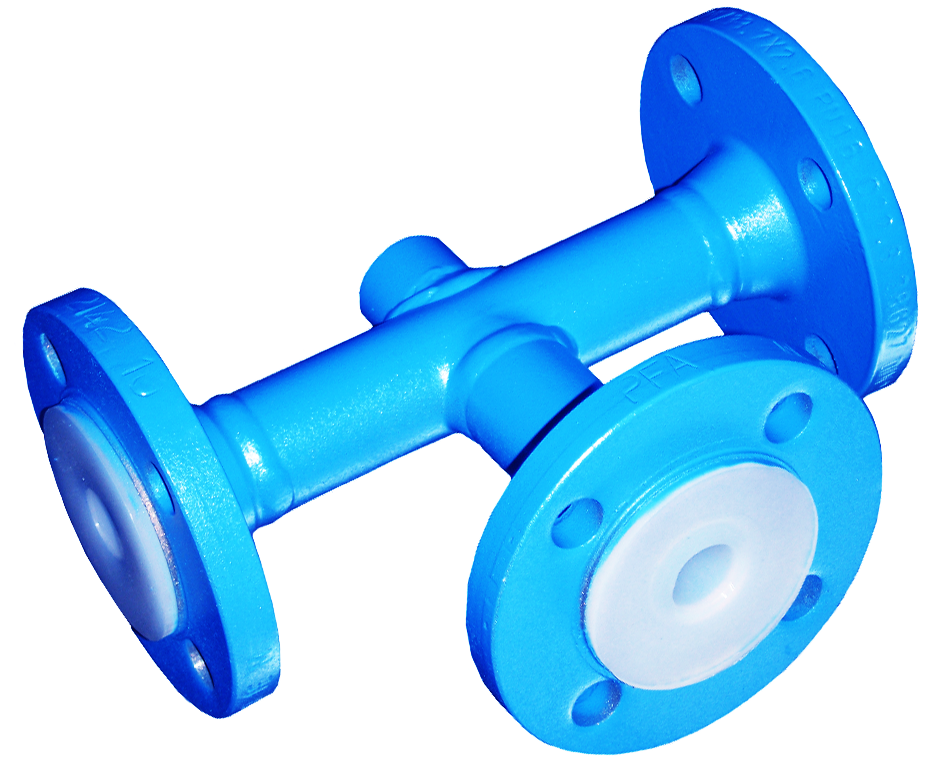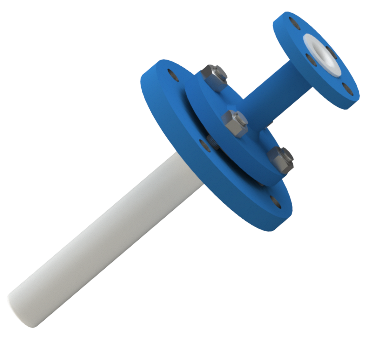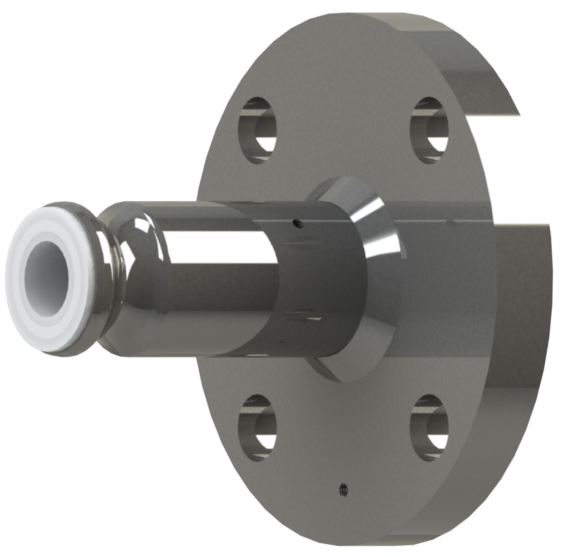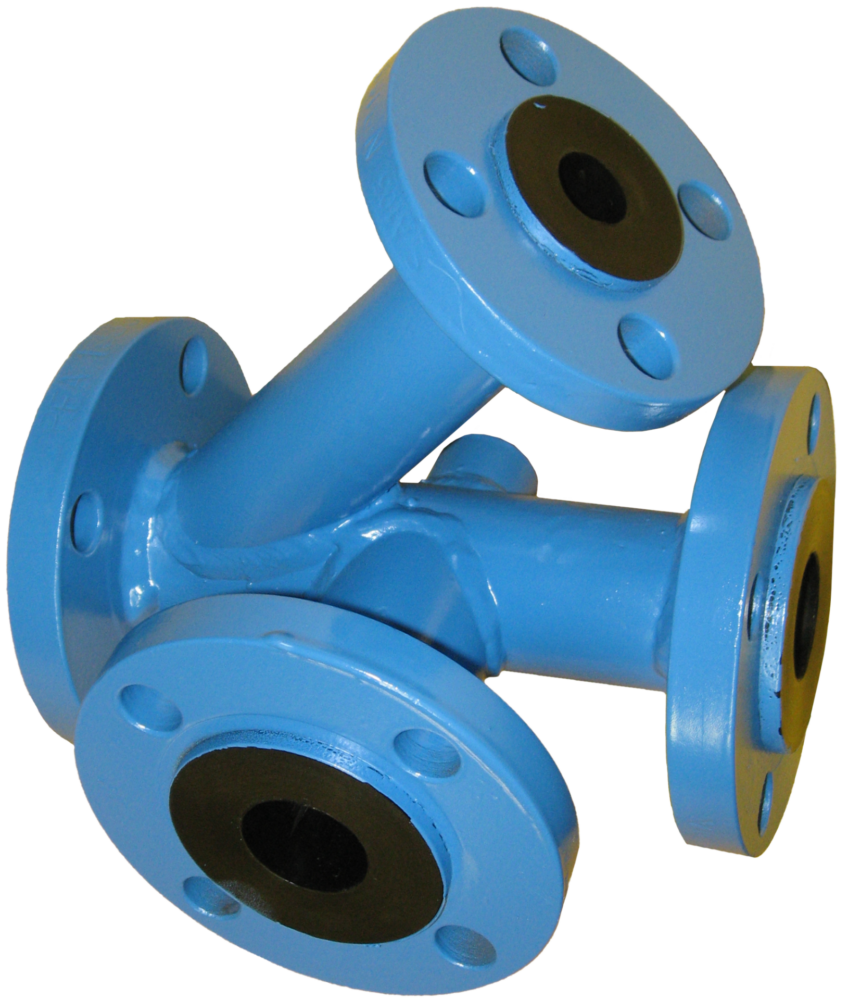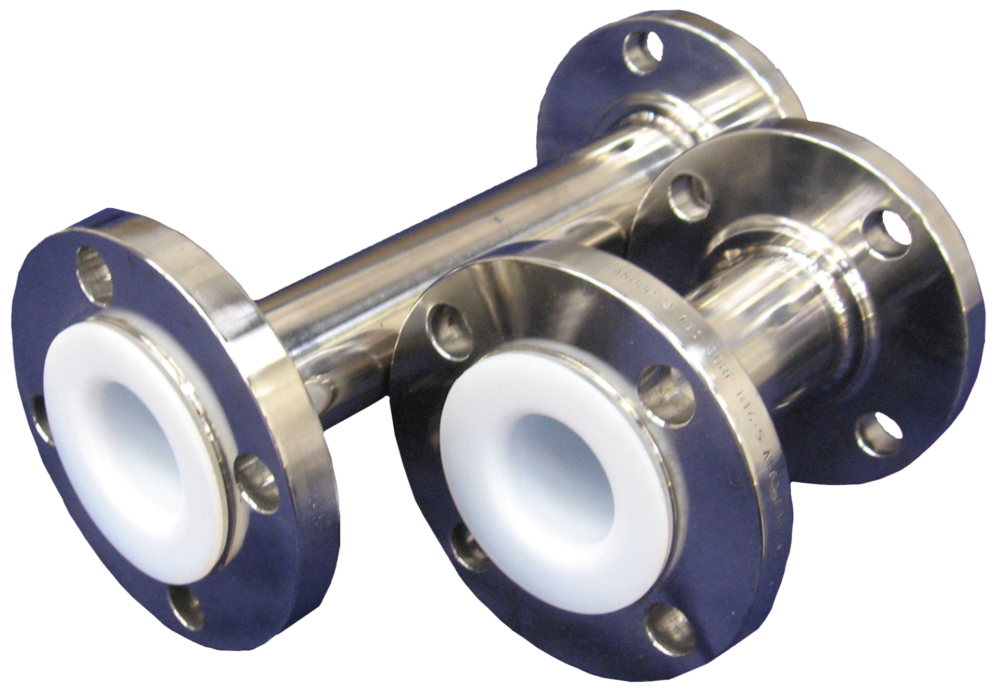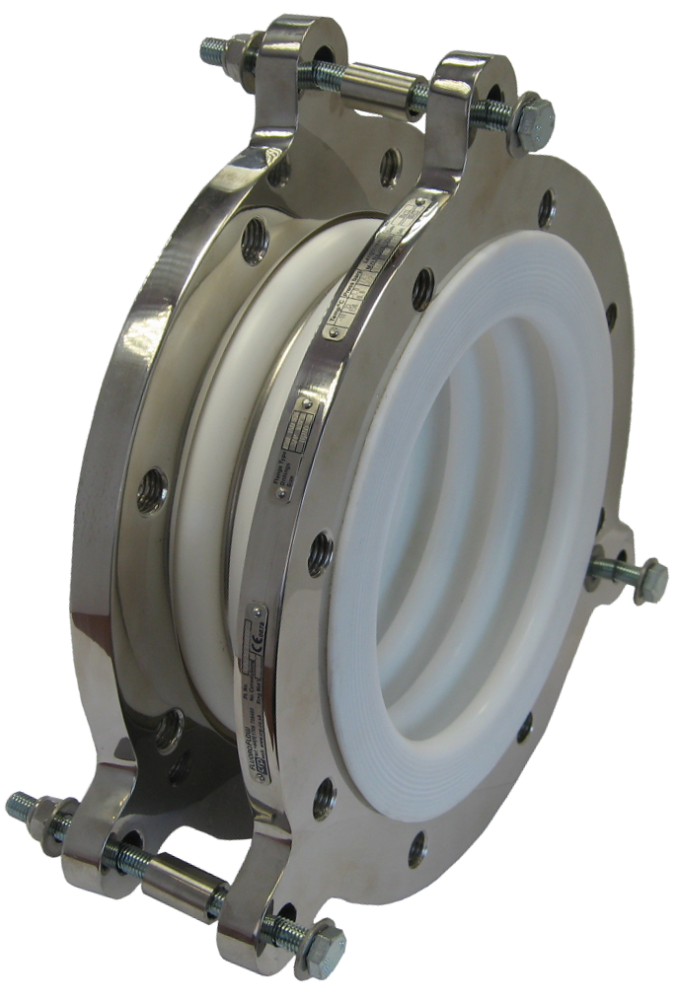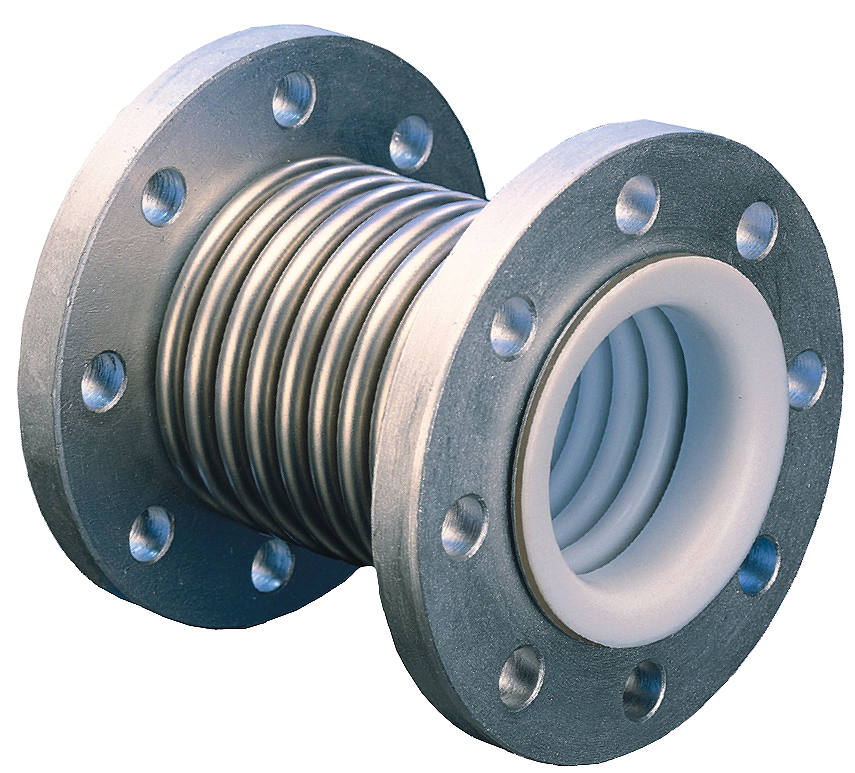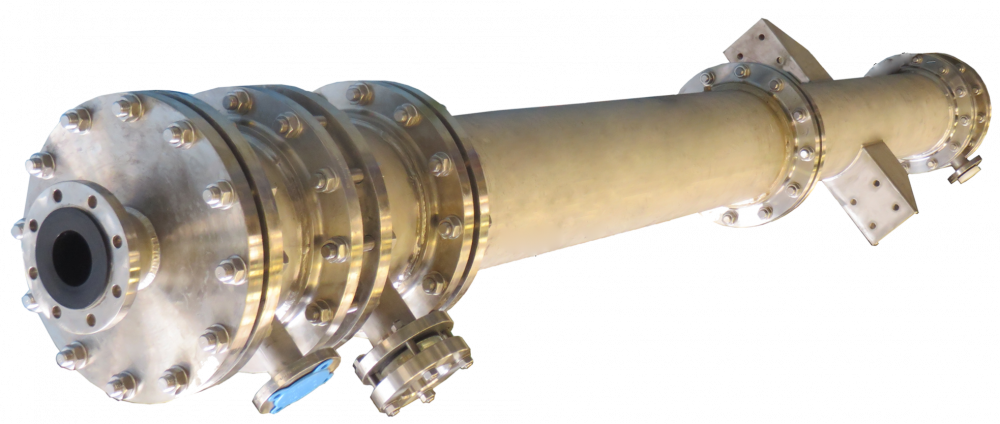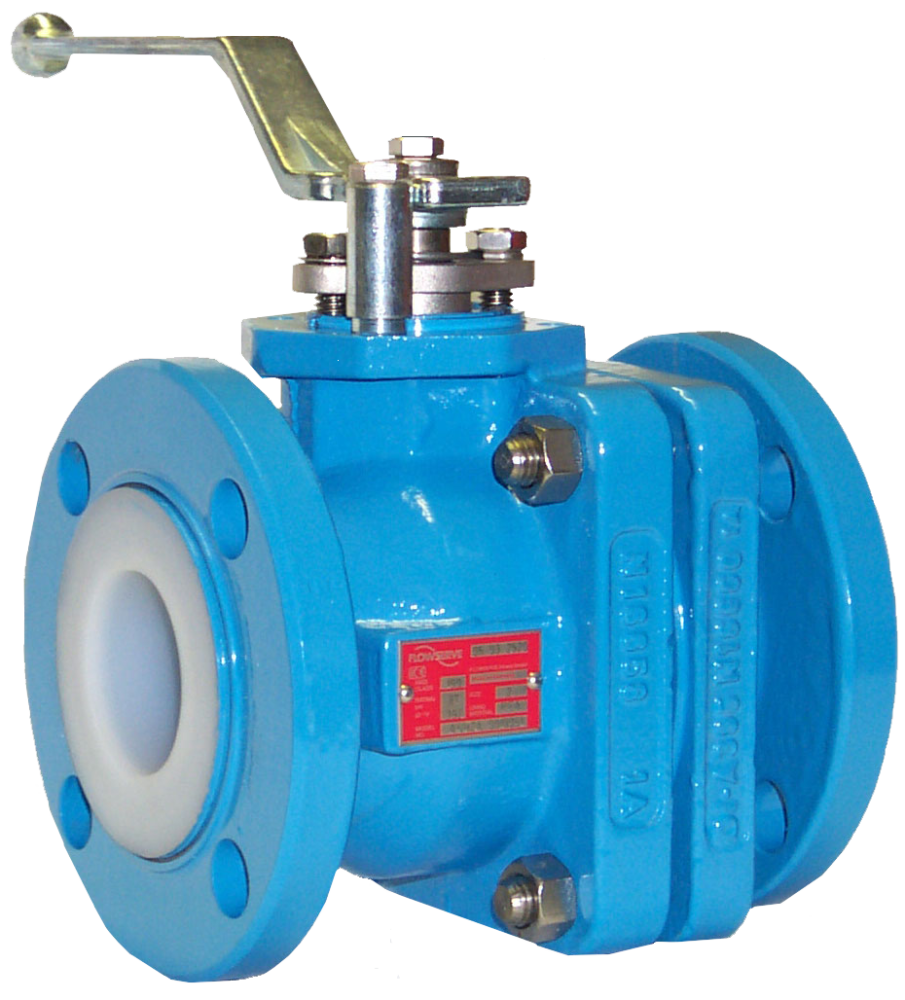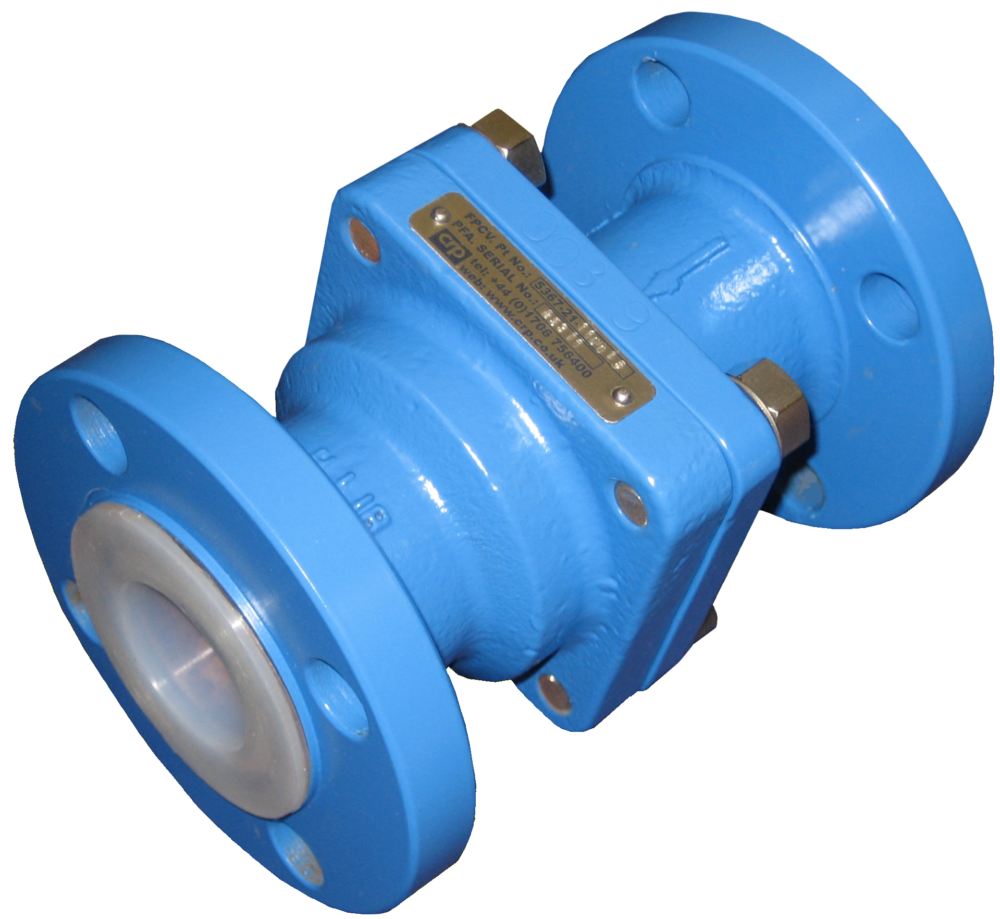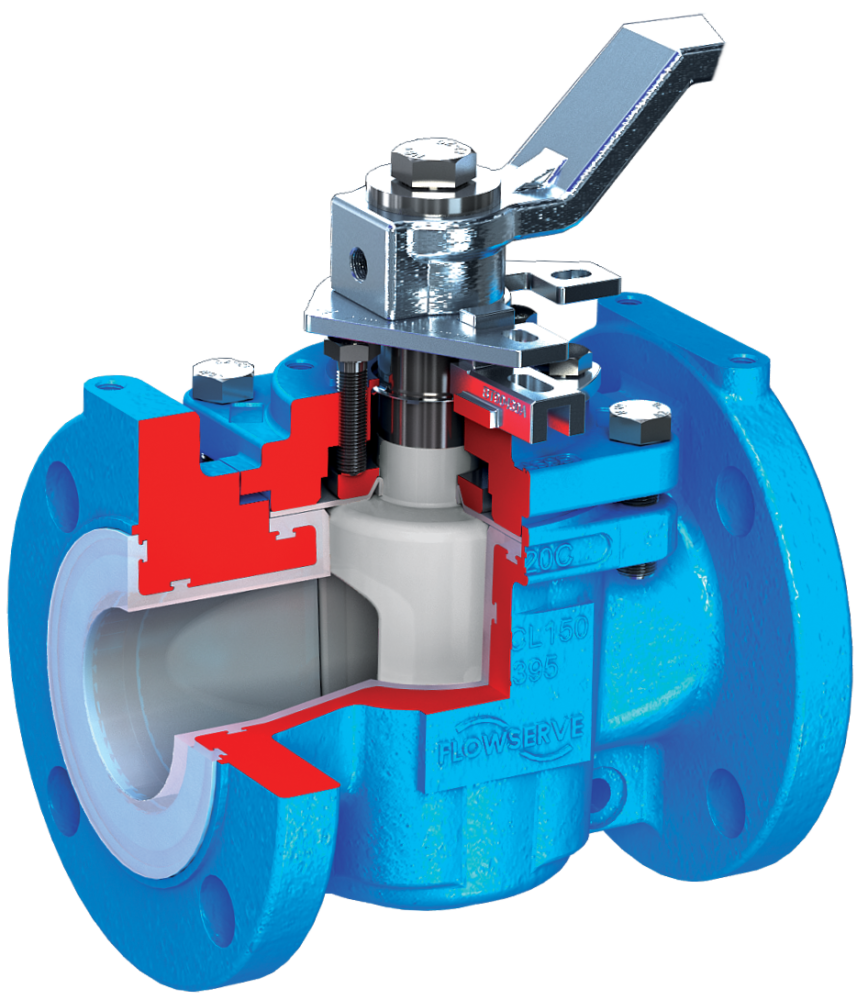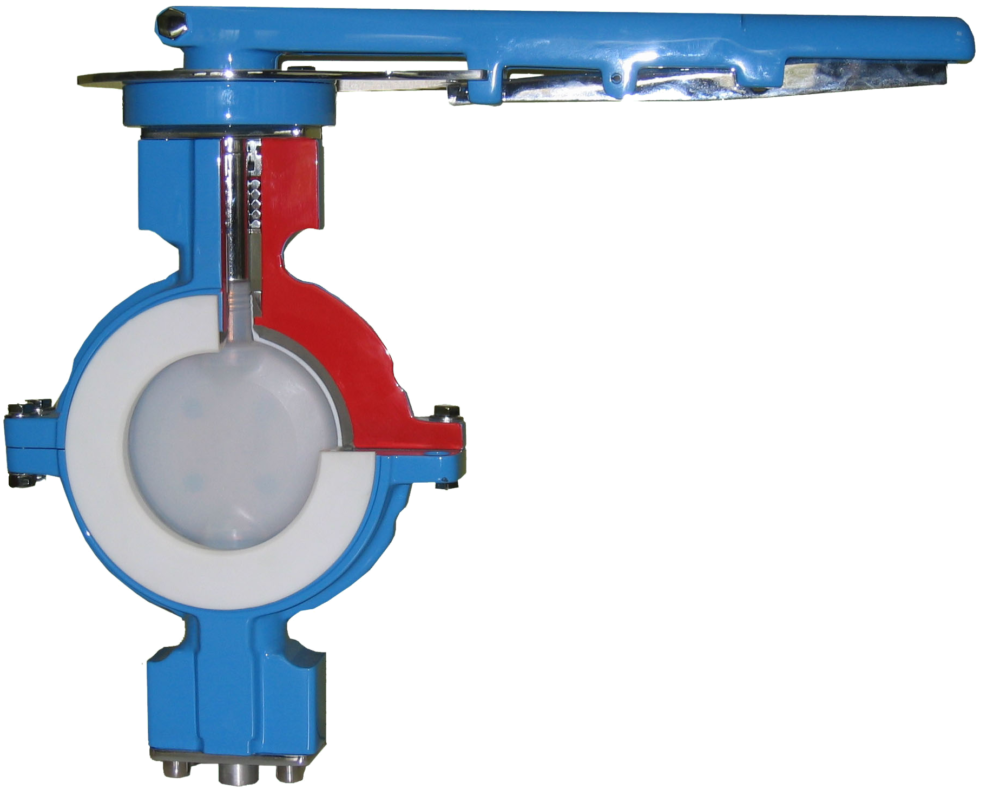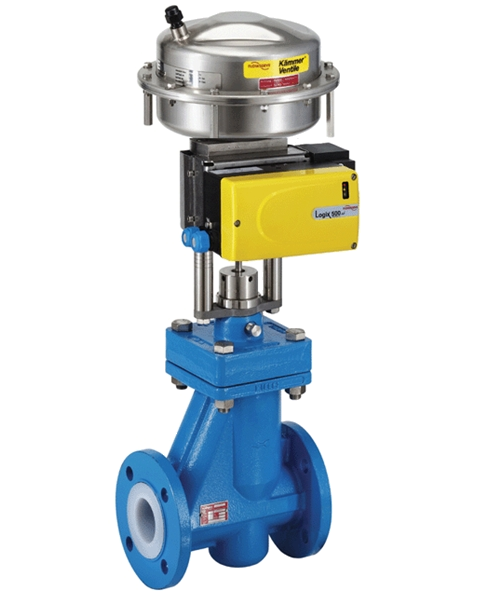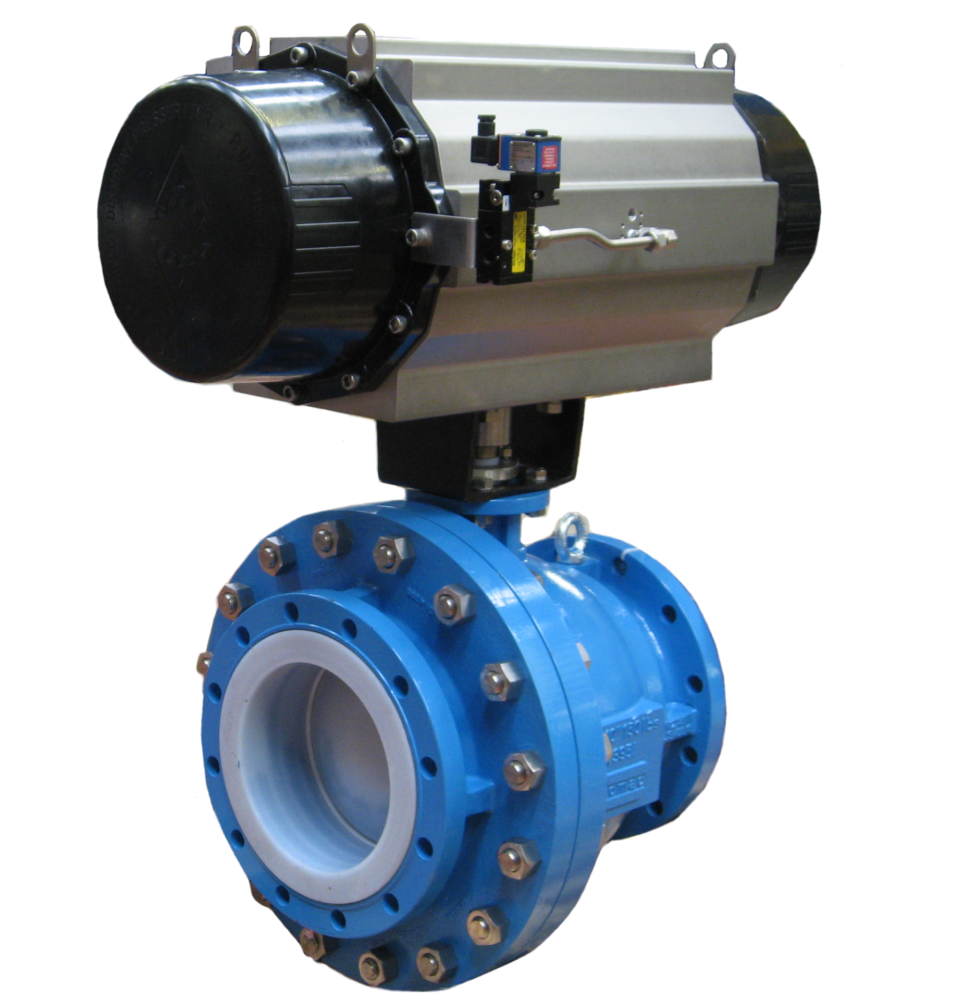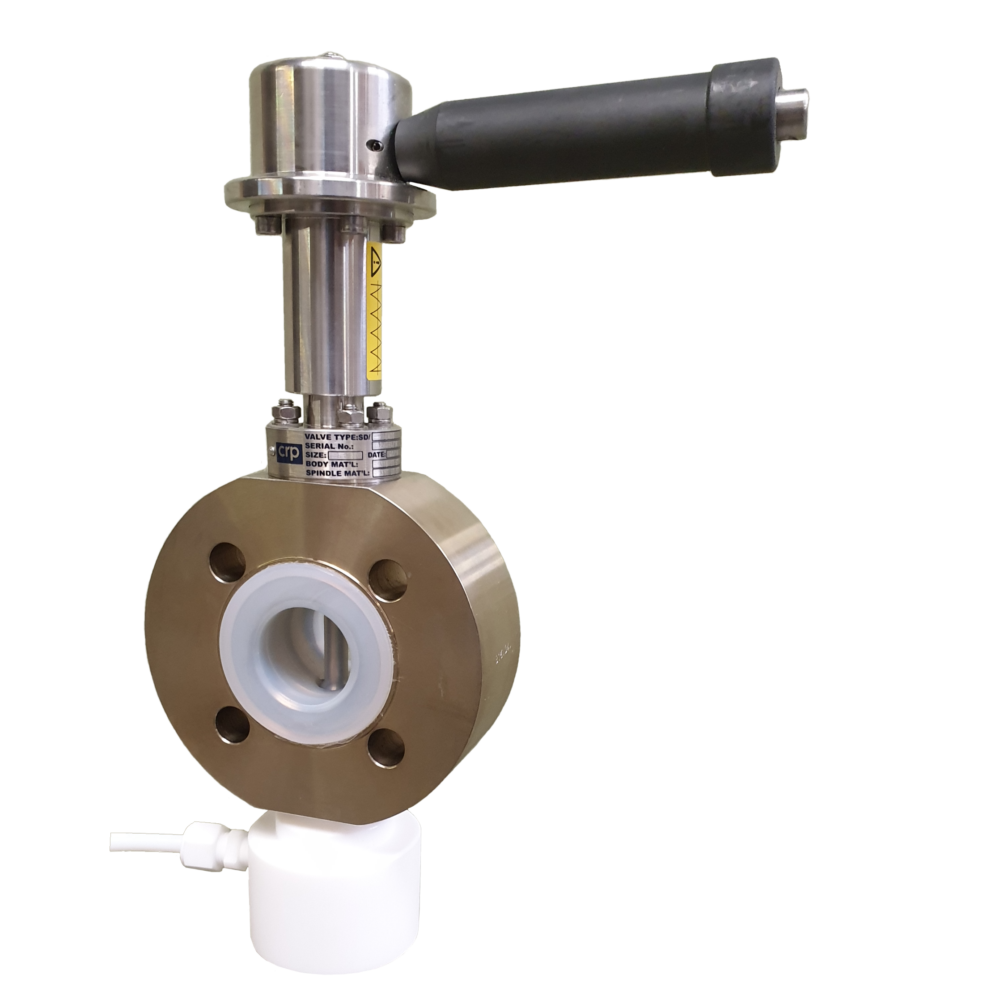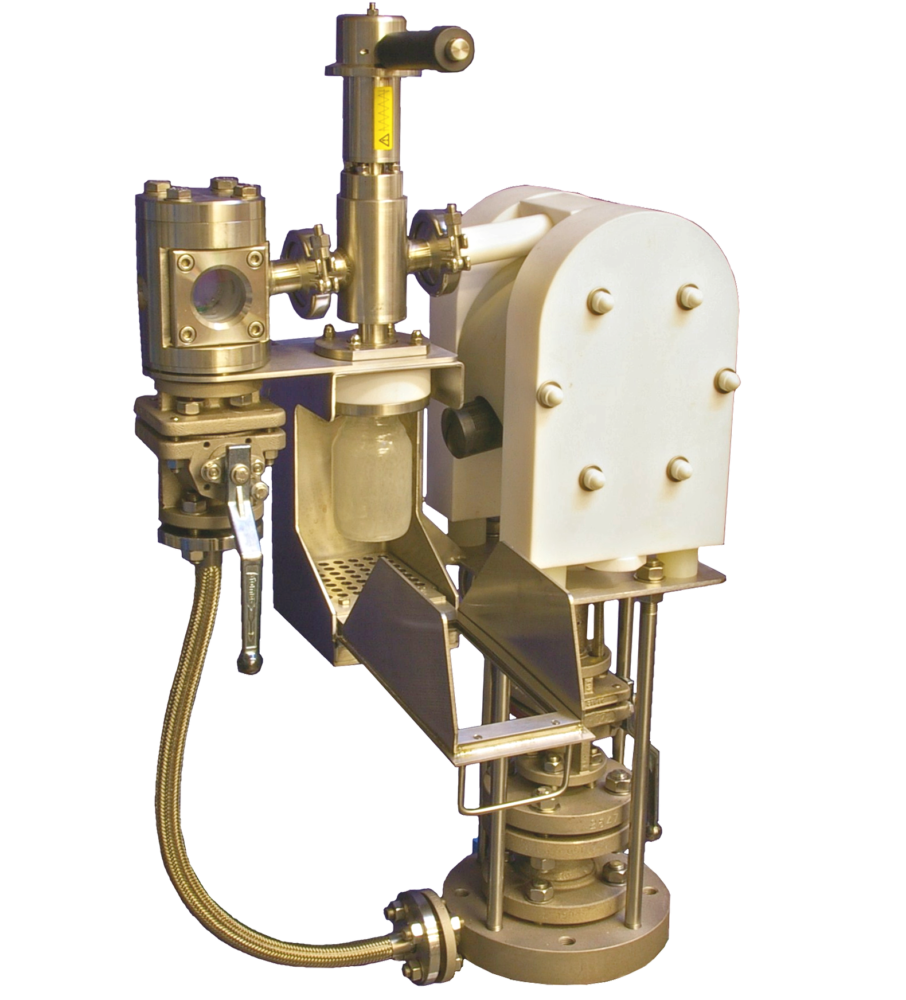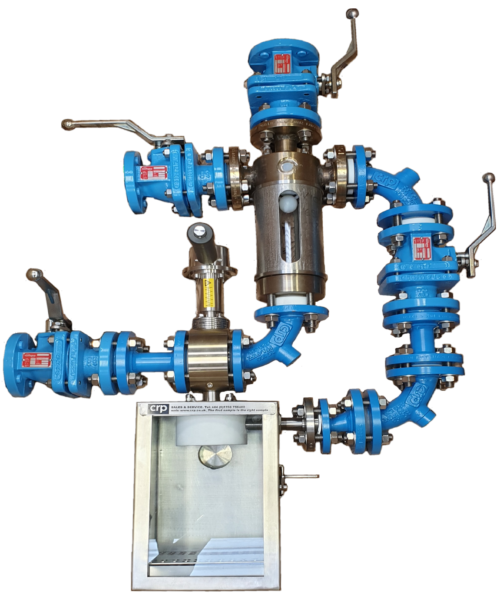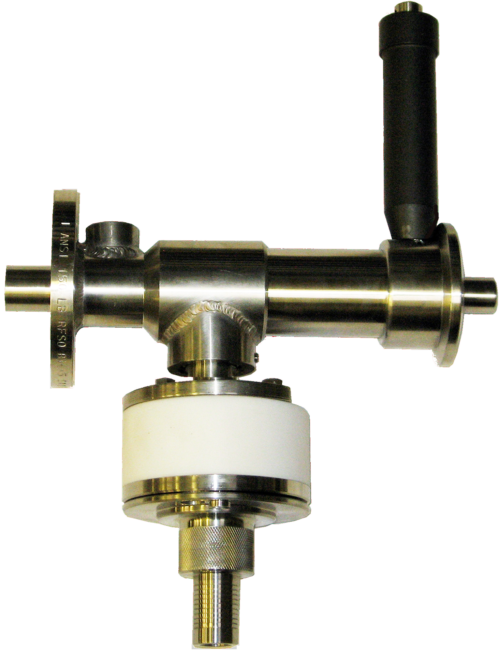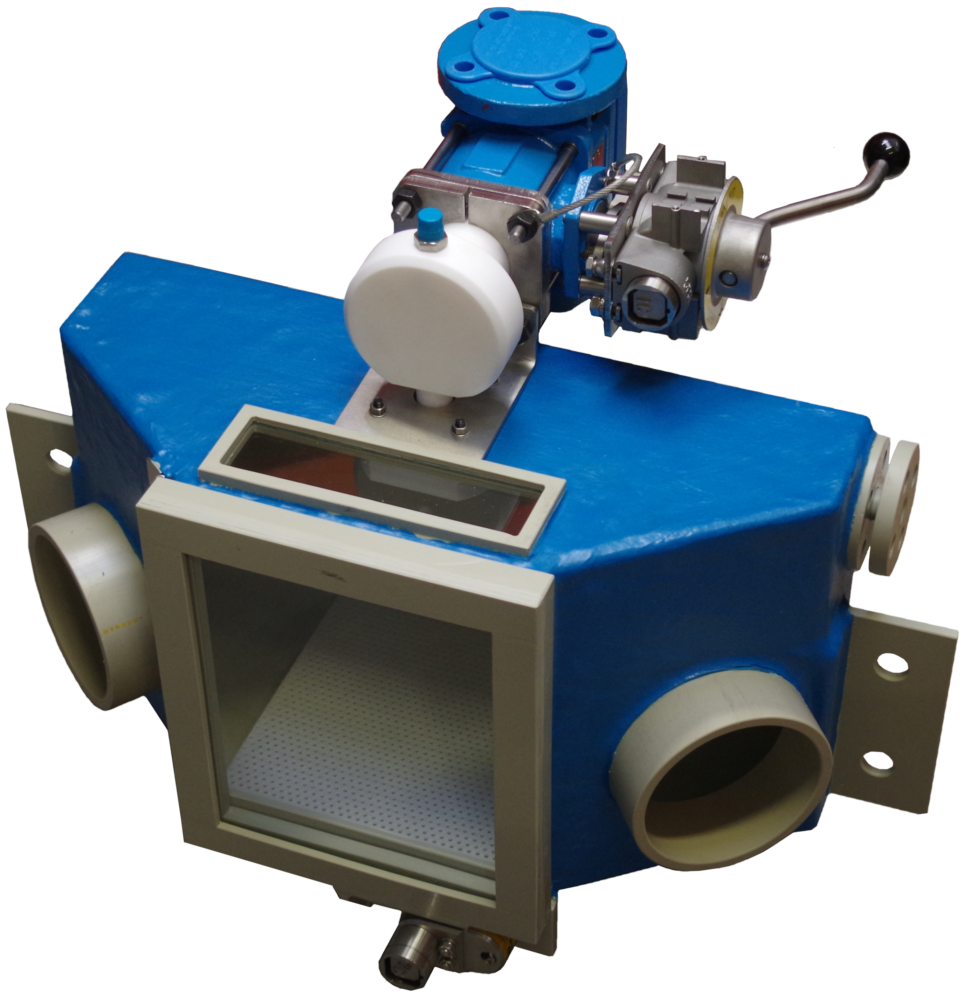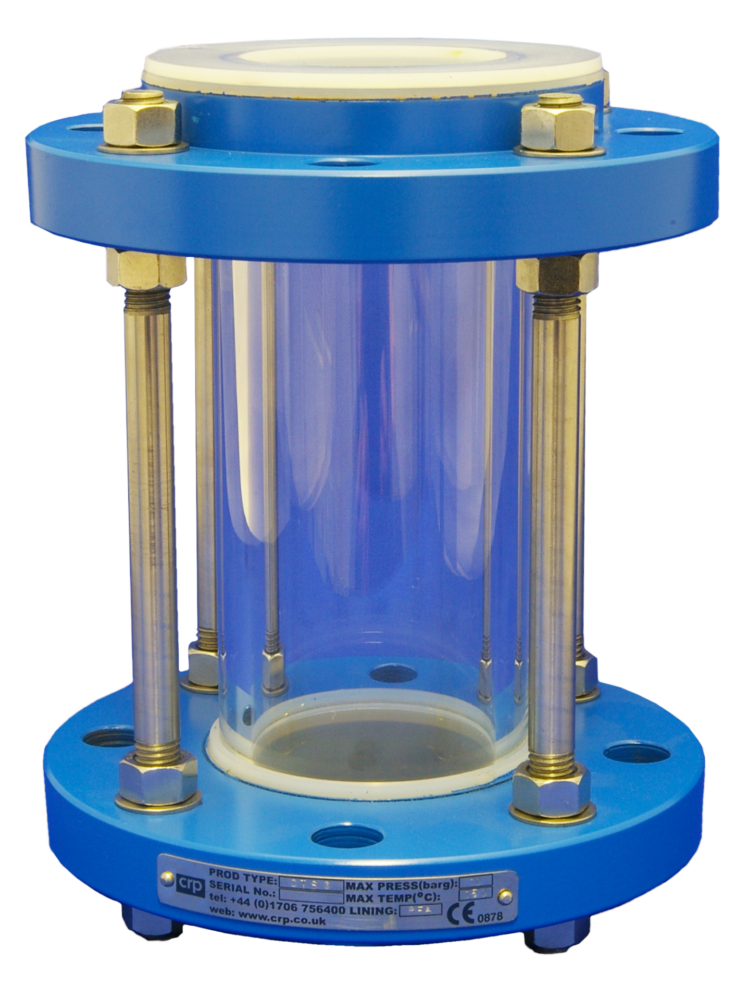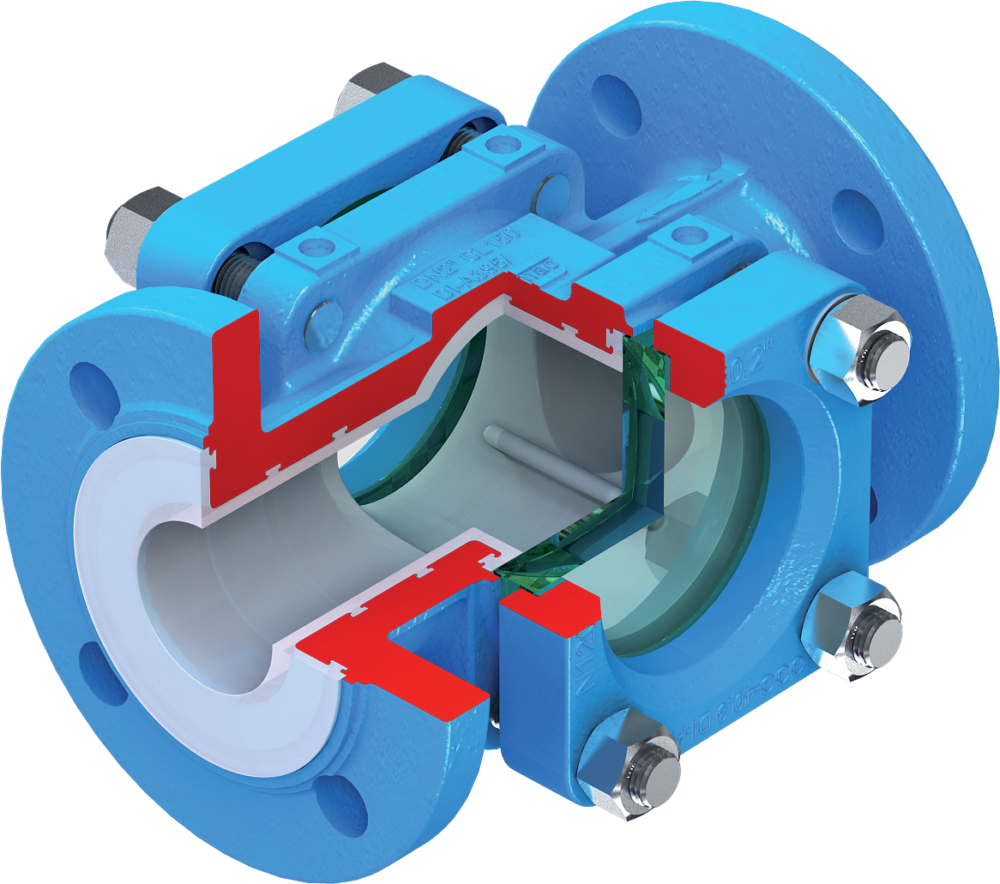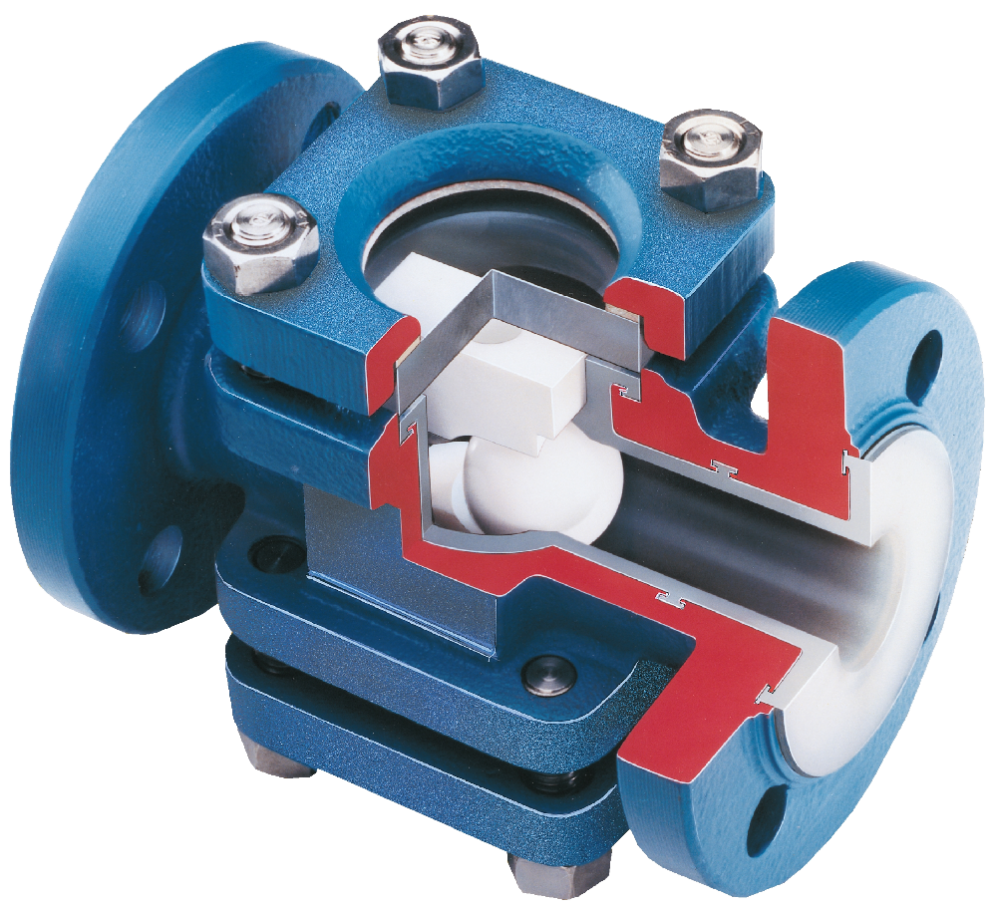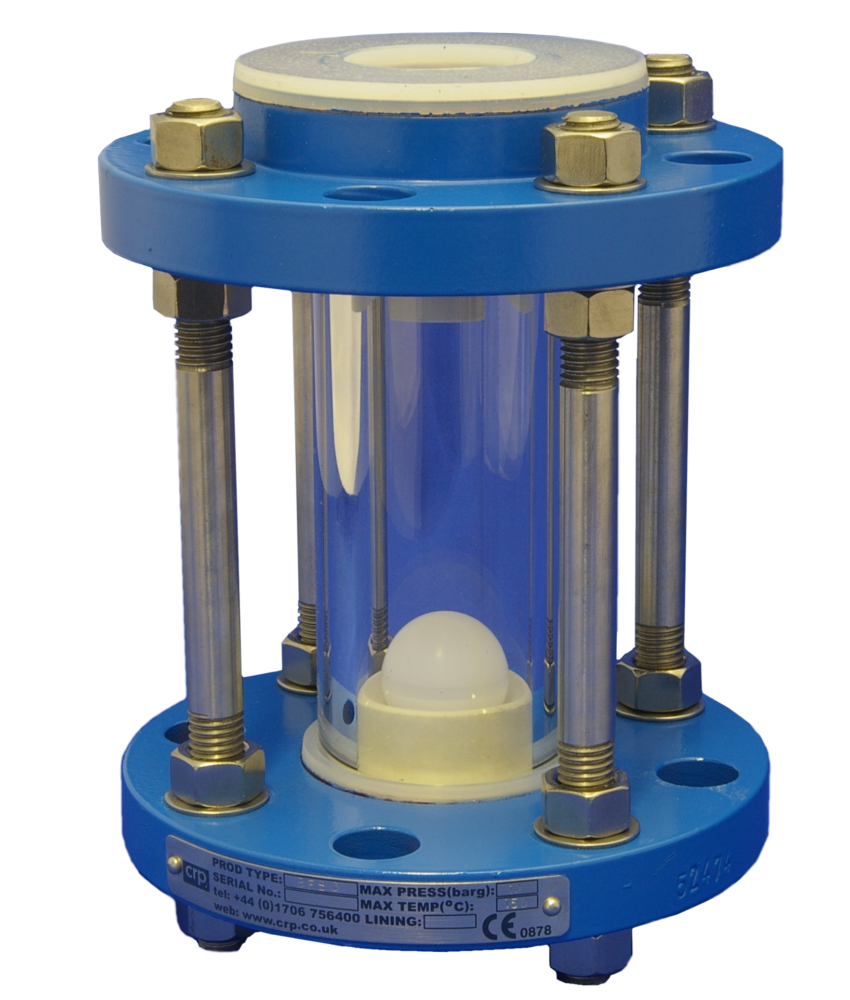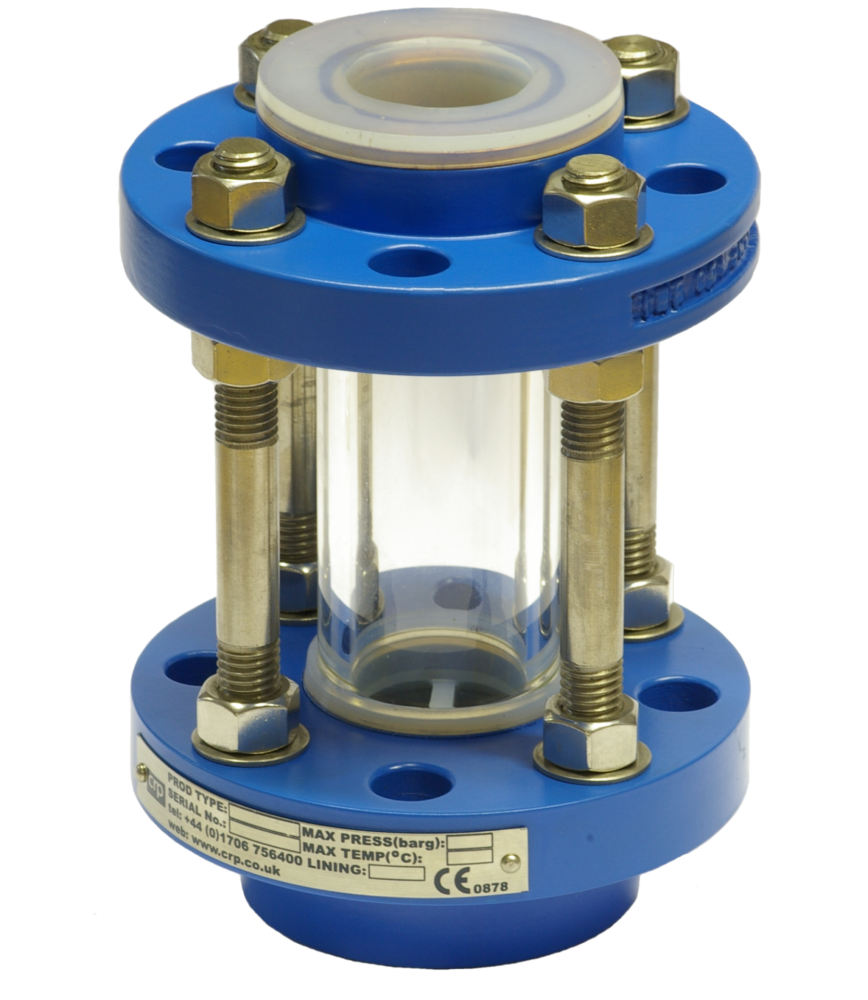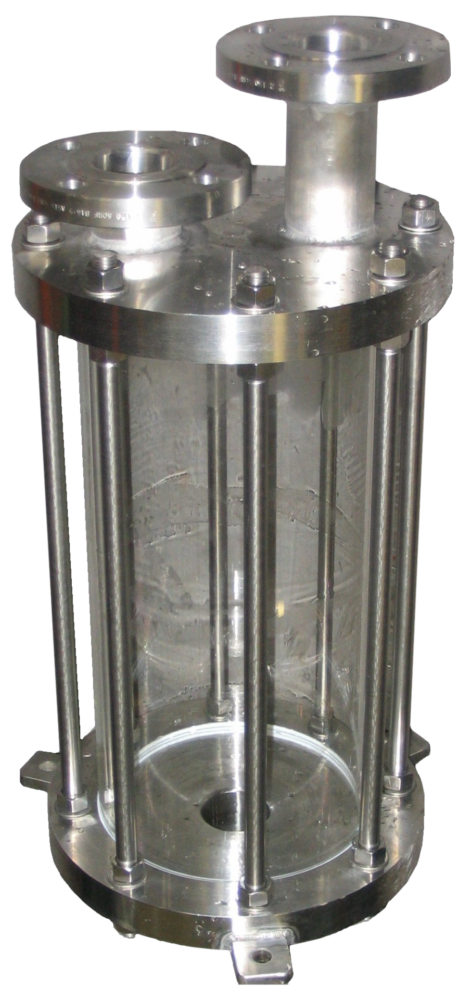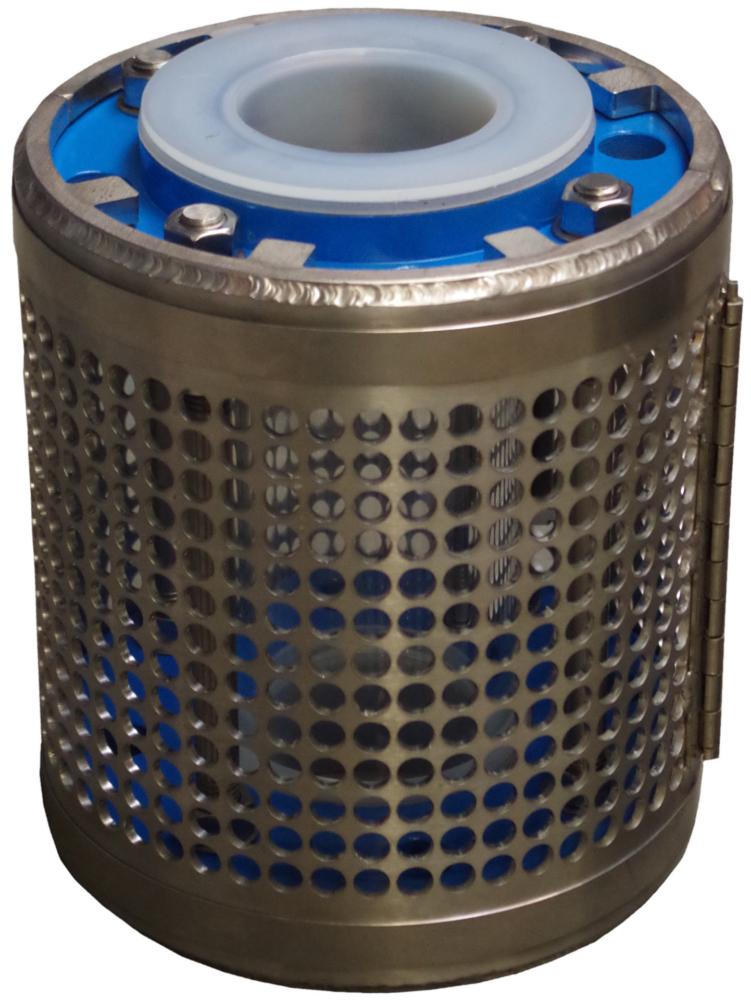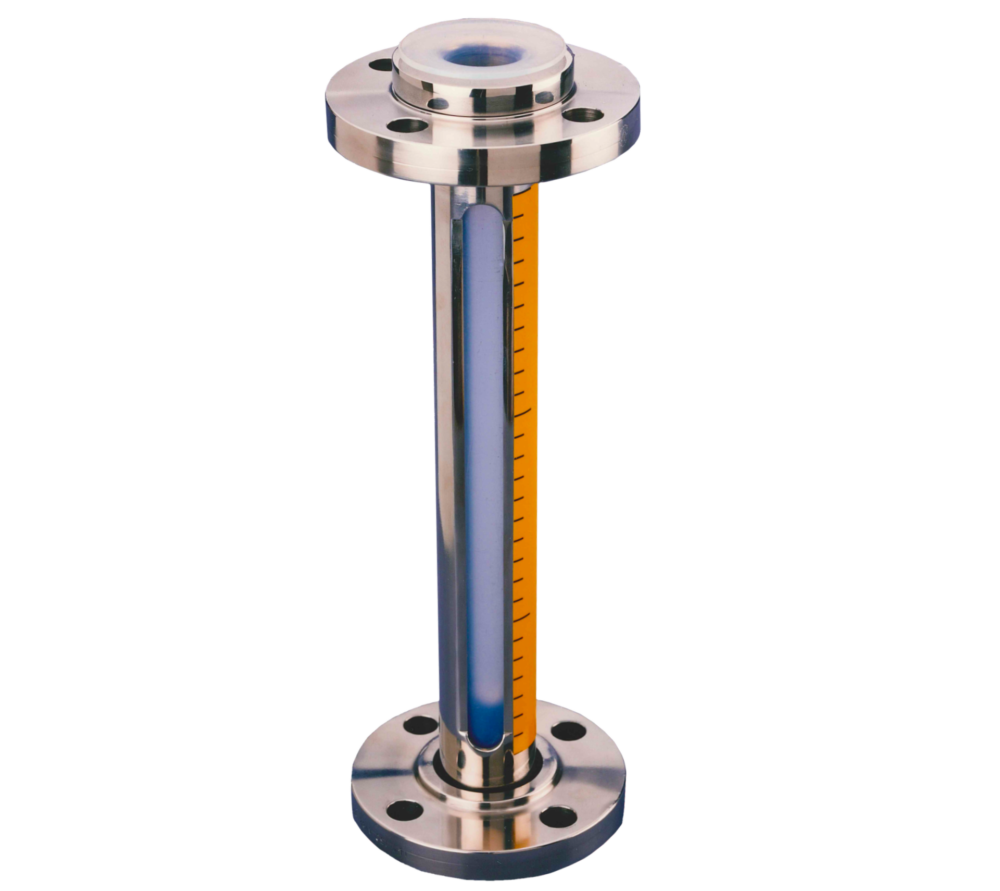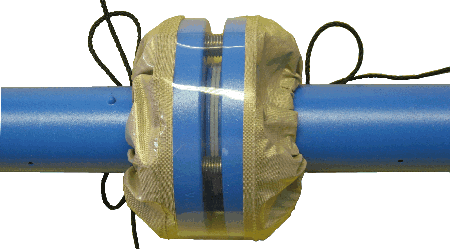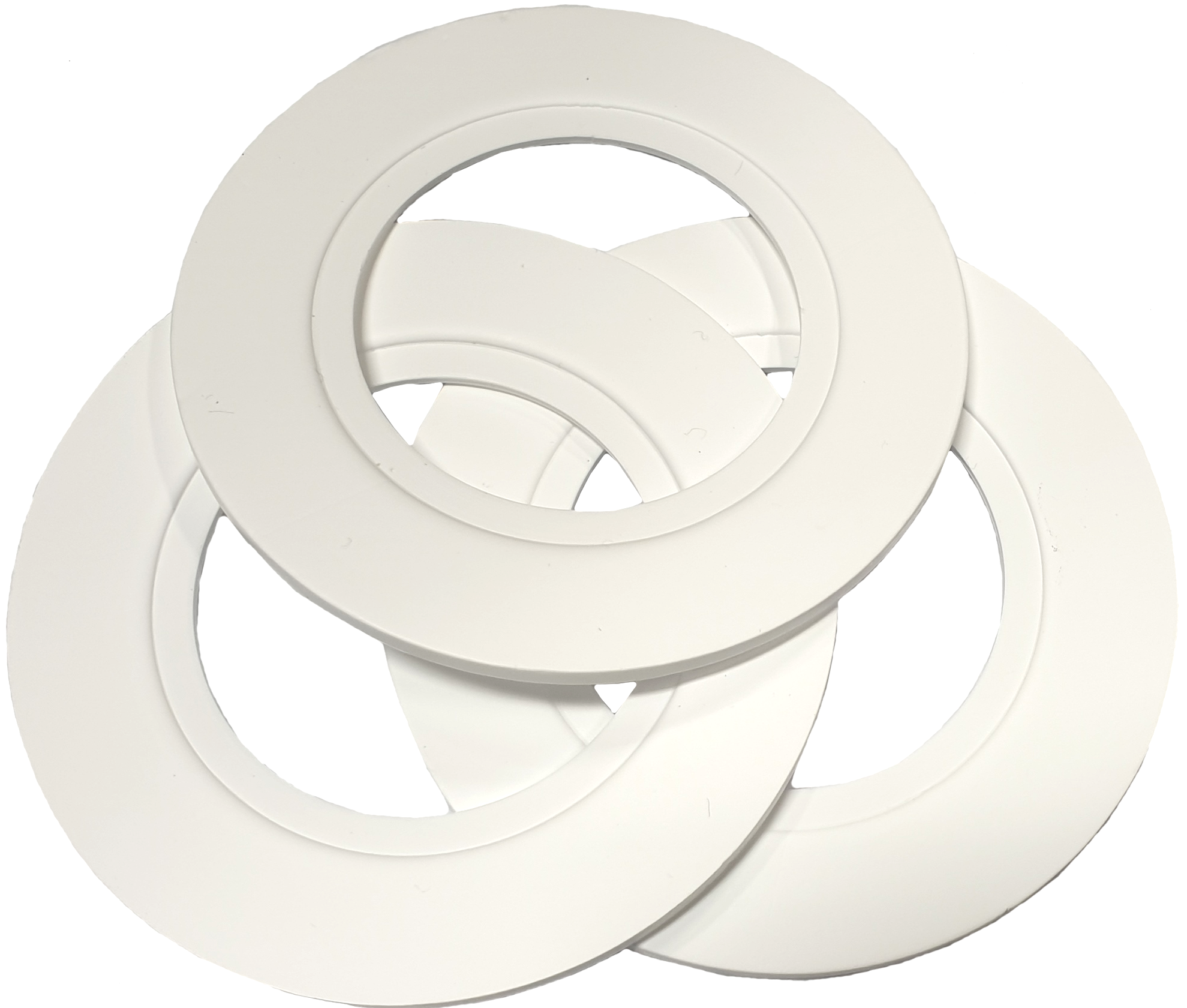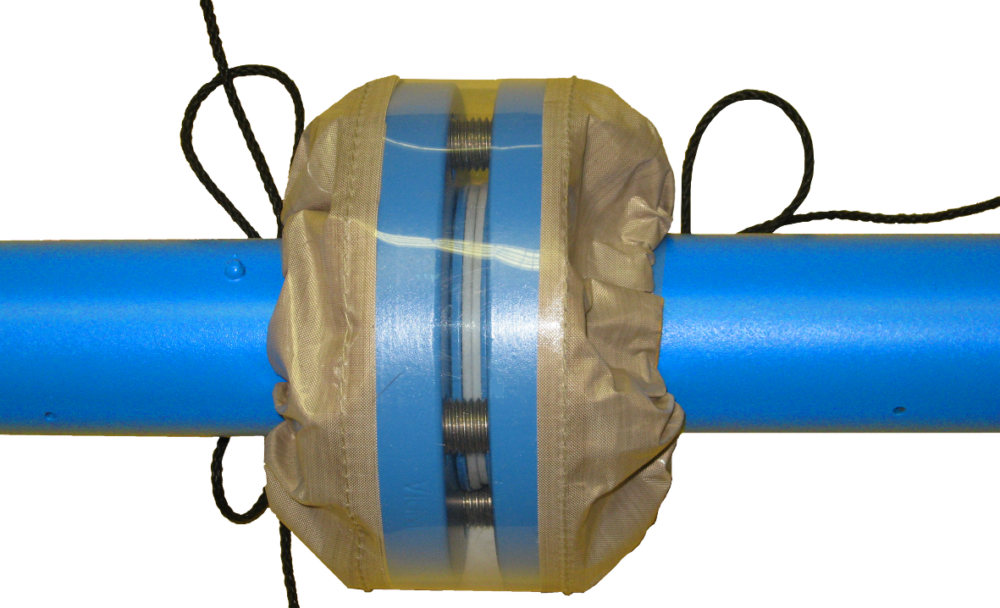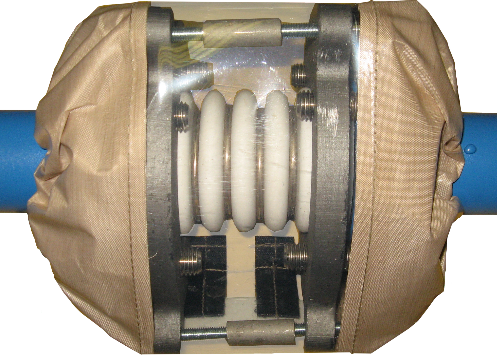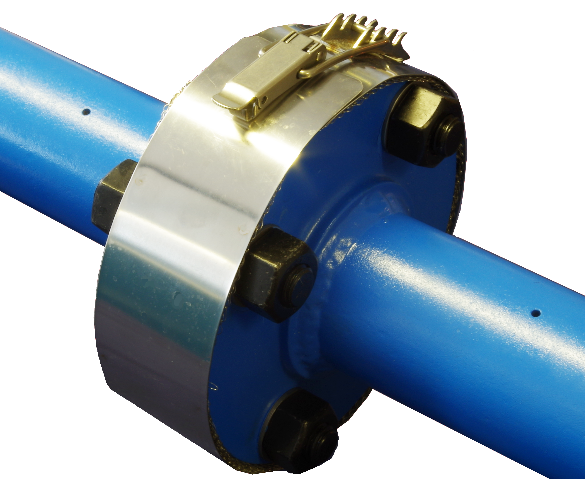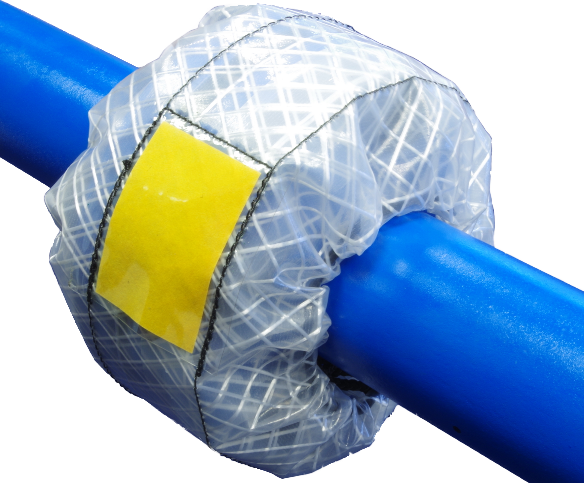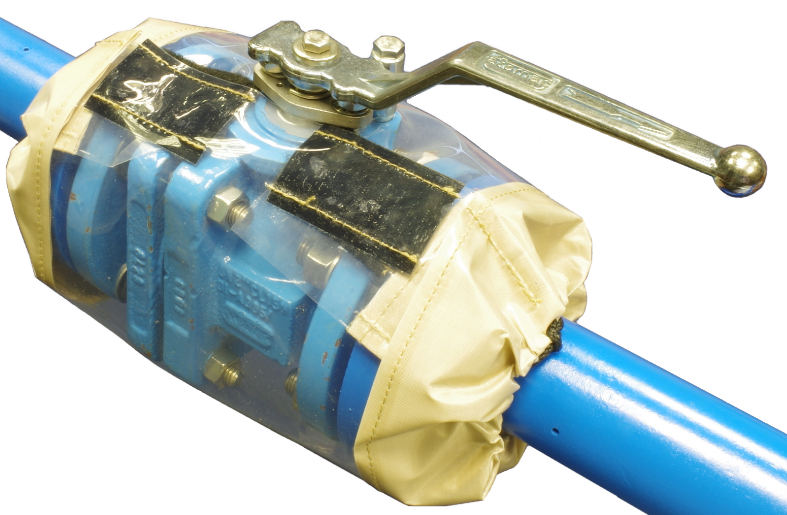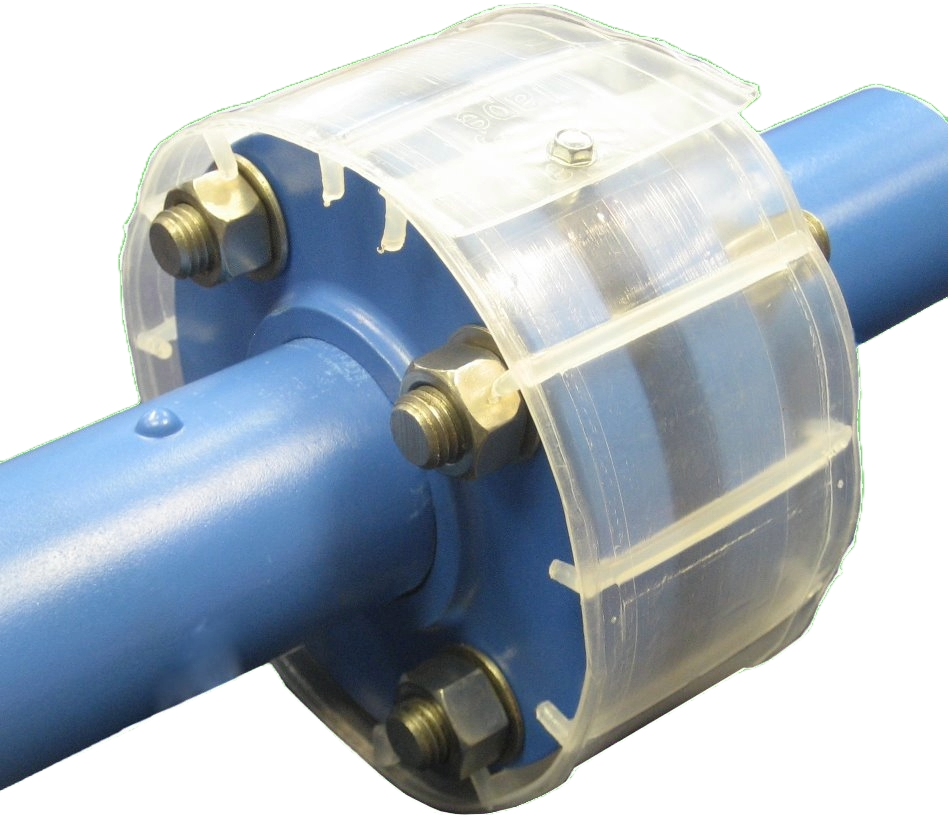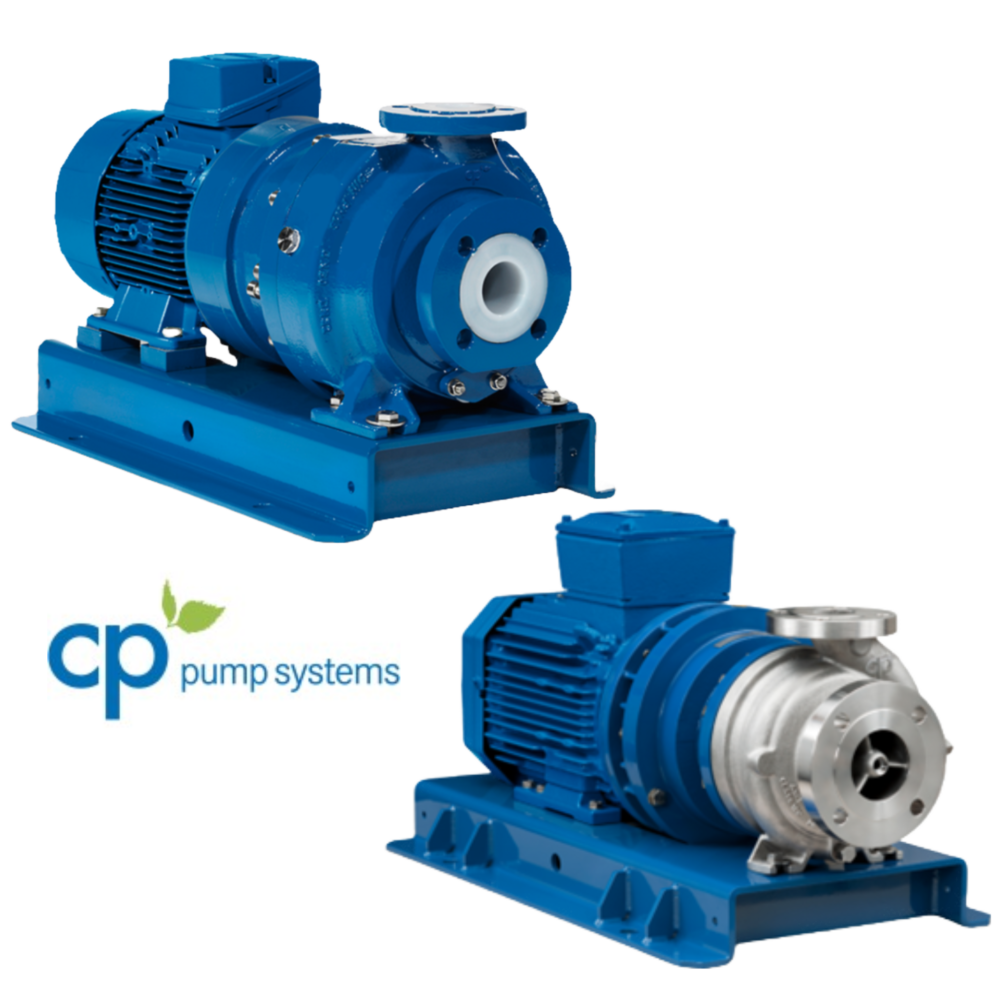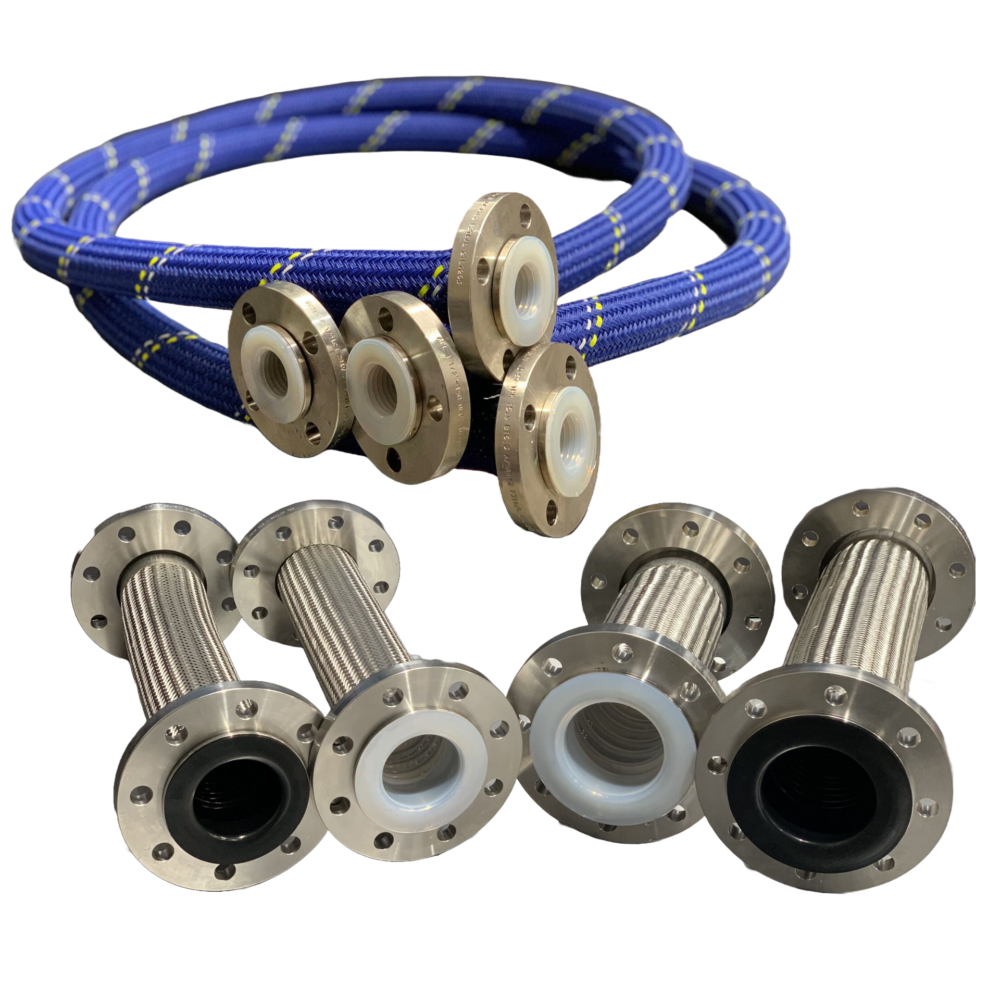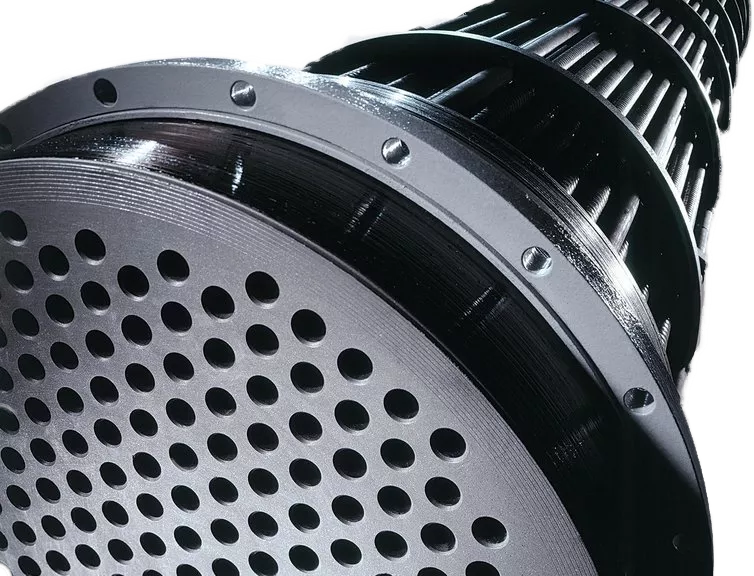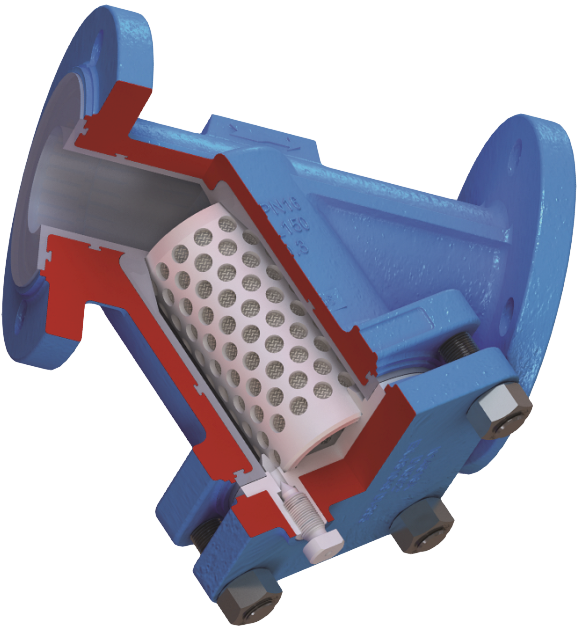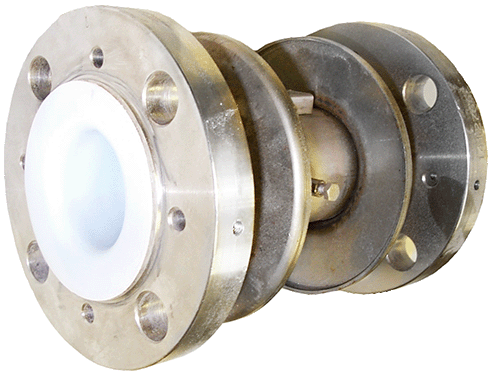Kammer Control Valve Glossary
When working with control valves there are a few phrases that are not too familar within the open / close valve world. Here is a short summary to help.
Characteristics
This refers to the relationship of the control valve linear stem movement and the amount of flow through the valve. Depending on the design of the plug and seat different characteristics can be provided. A linear trim where the flow increases or decreases equally as the stem moves is difficult to achieve, typically control valves are supplied with an equal percentage trim where flow increases exponentially with stem movement. However the Kammer valves can also be supplied with linear or on-off characteristics if required.
Cv
Cv is another measurement of flow and based on the flowrate in gallons per minute at ambient temperature water that would create a pressure drop of one pound per square inch across the valve.
Differential Pressure Drop / ΔP
This is the pressure drop across a valve , ie if the inlet pressure is 10 bar and the outlet is 8 bar then ΔP = 2 bar
Kvs
This is a measure of the flow capacity in any given position, typically maximum and minimum in the case of control valves. This is based on the Kv coefficient which is the flowrate in cubic metres per hour of water at ambient temperature which would create a pressure drop of 1 bar across the valve.
Kv can be converted into Cv by multiplying the Kv by 1.156 (US Gallons)
PFA
PFA (Perfluoroalkoxy) is a fluoropolymer and has all of the corrosion resisting benefits of PTFE but in a melt processable format allowing more complex shapes to be formed. On a molecular level PFA has a smaller chain length and exhibits better permeation resistance performance than PTFE. All of the Atomac ball valves and many of CRP’s own fittings and valves are lined in this material.
Rangeability
This is the range over which a control valve can control the flow. It is expressed as a ratio of the maximum to minimum controllable flow coefficients. The maximum rangeability offered for Kammer control valves is 50:1.
Trim
This refers to the plug and seat arrangement of the control valve. By changing the size and the shape of the plug and seat then for a given size different flow ranges and characteristics can be achieved. In the Kammer range both the seat and the plug are screwed in place and can be swapped out.
